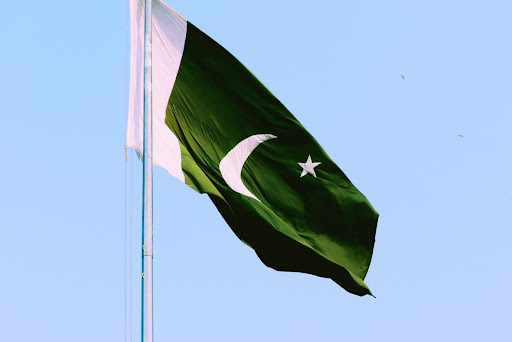A prominent Brazilian novelist: Paulo Coelho, defines Pakistan by saying, “Pakistan is an interesting and alarming country”. In the ongoing political and economic turmoil, the line seems quite relevant. Pakistan has alarmed its neighbor states by portraying that it has no interest in geopolitics. Currently, the internal dynamics of Pakistan are making it an irreverent state.
In the region, China is showing concerns about the new government. Last week, the Chinese government, through social media, highlighted the winning picture of Former PM Imran Khan during the 2018 elections. China has very high stakes in Pakistan, including geo-economics and ger-strategic. Furthermore, in Cold War 2.0, china actively considered Pakistan its strategic ally, but after the political fallout, China is losing her interest, and it is looking for alternative options.
Read more: Geo-economics and geopolitics of US-China competition
This way, the position of Pakistan is vague in the eyes of china
Similarly, the Middle East is showing the least concern for Pakistan. The oil industry has alleviated the position of Saudia Arabia in the ongoing Ukraine-Russia conflict, and in this, SA is securing its state interests. It may be seen in the recent visit of President Biden that Crown Prince, Muhammad Bin Salman, openly denied the increase in the production of oil. Pakistan stands nowhere in this arena, because of its failed foreign policy. The legitimacy of the current government at home is not allowing its policymakers to make sound foreign policy. Additionally, India is strengthening its position by making a new economic and strategic alliance called: I2U2 (India, Israel, USA, and UAE). Pakistan is nowhere in the Middle East.
Along with this, the recent visit of Russian President, V. Putin, and Turkey’s President, T. Erdogan, to Iran is a witness that Pakistan has failed to secure a prominent position in the region. It may be said because Pakistan was claiming that it was in the camp of china, and up to some extent Russia, but the visit proved that big powers are not considering Pakistan.
The most prominent reason is the ongoing political turmoil. Internally, Pakistan is being too weak to handle major global issues. The current government of Pakistan is unpopular and as a result, it is facing issues in taking hard decisions. Moreover, political polarization may be seen in the people. As a result, Pakistan is facing the swear economic crisis of all time. Massive import-export gap, lack of power supply, etc. are pushing Pakistan towards darkness. Some seasoned analysts, like Dr. Hassan Askari, are saying that Pakistan is a few steps away from bankruptcy.
Read more: From Geopolitics to Geo Economics
Additionally, talks with the IMF are still hanging in the air. These problems are causing some serious problems for Pakistan, and holistically speaking, these factors are making Pakistan an irreverent state in global politics. The only solution, to cope with the situation, is elections. A fresh mandate is needed to solve internal issues, and when the right track is secured, visionary foreign policy must be opted to make Pakistan a relevant state again.
The writer works at a private firm. The views expressed in this article are the author’s own and do not necessarily reflect the editorial policy of Global Village Space.














